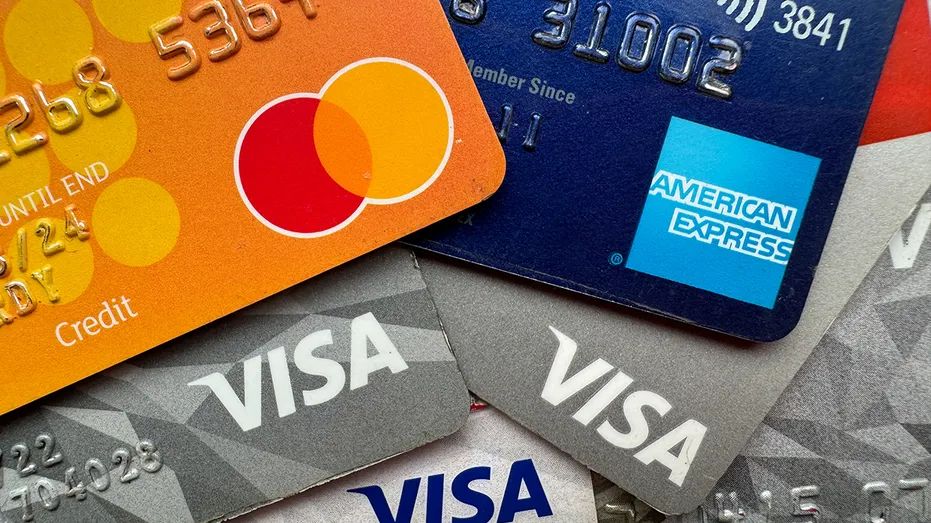Credit cards have revolutionized the way we spend, providing convenience, security, and sometimes even rewards. However, not every use of a credit card is legitimate, and certain actions can cross the line into fraud. One of the areas often misunderstood is 신용카드현금화. While using a credit card to obtain cash is not inherently illegal, there are circumstances where it becomes fraudulent. Understanding these boundaries is crucial for both consumers and businesses.
Understanding Credit Card Cashing
Credit card cashing, sometimes referred to as cash advances, involves converting a portion of a credit card’s available credit into cash. Banks and card issuers typically allow this feature, though it often comes with higher interest rates and fees compared to regular purchases. Legitimate cash advances occur when the cardholder requests cash from an ATM, bank, or authorized merchant and intends to repay the borrowed amount according to the credit card agreement.
Problems arise when credit card cashing is used in ways that the issuer did not authorize or when it violates financial regulations. Fraudulent cashing activities can harm both financial institutions and consumers, leading to legal consequences.
Common Scenarios That Constitute Fraud
- Using Stolen Cards
One of the most obvious forms of credit card cashing fraud is using someone else’s card without permission. This includes both physical cards and digital card information. Even if the transaction seems legitimate to a cashier or ATM operator, it is illegal and classified as credit card fraud. - Carding Services and Third-Party Cashing Apps
Some individuals attempt to bypass standard banking procedures by using third-party services to convert credit into cash. While some of these services are legitimate, many operate outside the law. Cashing a credit card through unauthorized apps or “carding” services often constitutes fraud because it circumvents the agreement between the cardholder and the issuing bank. - Exceeding the Credit Limit or Using Unauthorized Credit Lines
Some cardholders may attempt to access funds beyond their approved credit limit or manipulate their accounts to withdraw unauthorized amounts. Even if the funds are eventually repaid, the act itself is considered fraudulent because it violates the terms set by the issuer. - False Representation of Transaction Purpose
Fraud can also occur when a cardholder misrepresents the purpose of a cash advance. For example, some may claim they need cash for personal emergencies but divert the money for illegal activities or unauthorized investments. Misrepresentation, even if the cash is eventually repaid, is a breach of law. - Collusion with Merchants
Another fraudulent scenario involves collusion between a cardholder and a merchant. Some merchants might “process” fake transactions, providing cash instead of goods or services, while both parties benefit illicitly. This practice is illegal and considered credit card fraud.
Legal Consequences and Prevention
Engaging in credit card cashing fraud can lead to severe legal consequences. Offenders may face fines, civil liability, or even imprisonment depending on the scale of the fraud. For financial institutions, fraudulent cash advances can result in substantial financial losses, increased insurance costs, and reputational damage.
Preventing credit card cashing fraud requires vigilance. Consumers should protect their card information, monitor statements for unauthorized transactions, and avoid third-party cashing services unless explicitly approved by their bank. Banks and credit card issuers also employ advanced fraud detection systems to identify suspicious cashing activities.
Conclusion
While 카드깡 offer the convenience of accessing cash, misuse can easily cross the line into fraud. Fraudulent credit card cashing not only violates legal agreements but can also have lasting financial and legal repercussions. Being aware of what constitutes legitimate versus fraudulent use helps cardholders stay compliant and protects them from potential criminal charges. Responsible usage, combined with vigilant monitoring, ensures that credit cards remain a safe and valuable financial tool.
